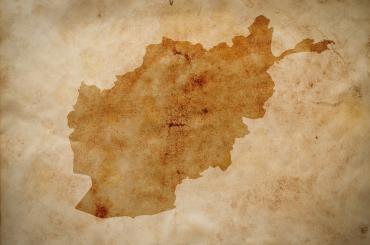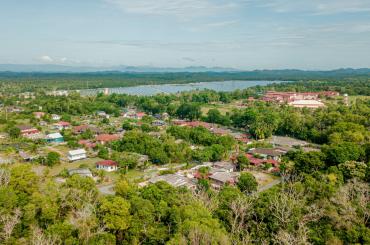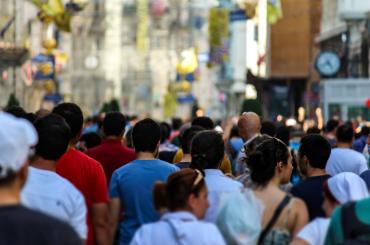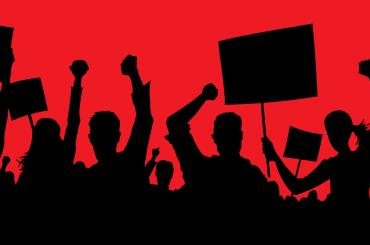
Institutions & Political Economy
-

Know your citizens, increase your revenues: Improving tax payment in Liberia
Legibility—systematised information about citizens—and legal enforcement can produce sustained, cost-effective increases in tax collection.
-

Peacemaking, peacebuilding and post-war reconstruction
What has economic research taught us about the aftermath of conflict? Which policies can effectively rebuild communities and create a lasting peace?
-

Building state capacity in fragile states: Evidence from Afghanistan
The Mobile Salary Payment (MSP) reform in Afghanistan was an ambitious effort to build administrative capacity in one of the world’s most fragile states. Evidence on its impacts sheds light on what helps to improve state performance, and how fragilit...
-

How does interacting with other ethnicities shape political attitudes?
Living closer to the resettlement sites of ethnic minorities in Malaysia reduced voter’s preference for ethno-nationalistic politics by improving economic outcomes and enhancing the frequency of casual inter-ethnic contact in shared public spaces.
-

Accurate information can correct misperceptions and drive public demand for democracy
Authoritarian regimes cultivate misperceptions about the quality of democratic institutions and the value of democracy. How did an intervention, providing accurate information to voters in Türkiye, address these misperceptions and affect demand for d...
-

Climate change causes conflict: How can policy respond?
Climate change is projected to cause an increase in numerous forms of violent human behaviour. Policies like a robust social safety net and political inclusion can help ensure a more peaceful future.
-

How colonial segregation policies impact land values in Mexico today
Colonial segregation policies in Mexico City entrenched divisions between Spaniards and indigenous communities, shaping modern economic inequalities because of weak property rights, unequal provision of public goods and enduring social stigma.
-

Why do protests matter? Exploring their causes and lasting impacts
How can we measure protests and their impact? How has social media changed the nature and frequency of protests? Where is more research needed?
-

The history of cash transfers
What can history teach us about cash transfers? How have societies used cash transfers through the ages and what role have they played in countries’ development process?